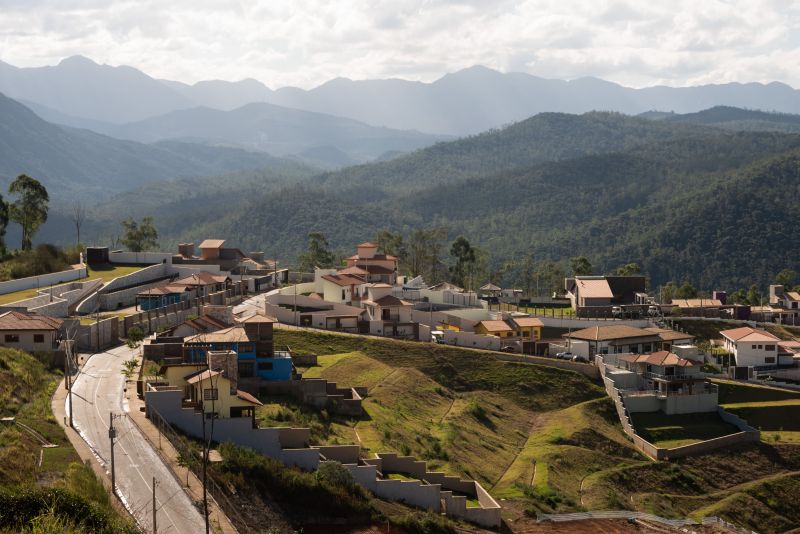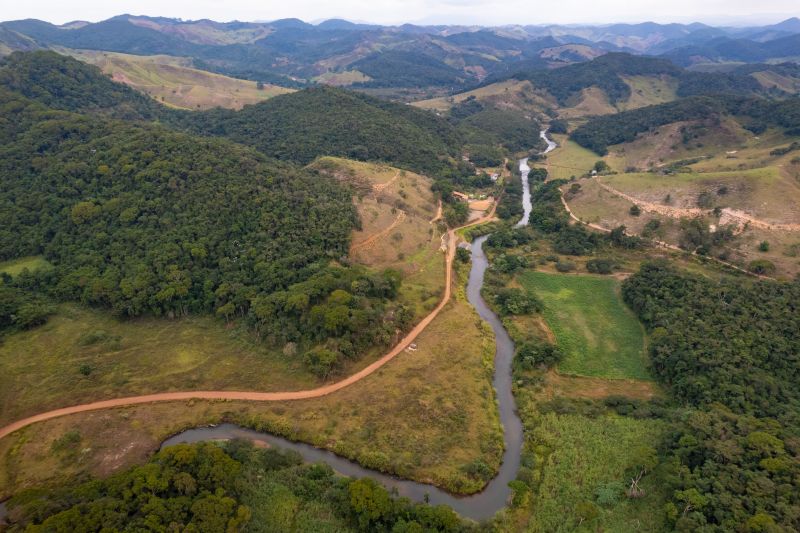In November 2015, the small town of Mariana, Brazil, bore witness to one of the most devastating environmental disasters in recent history. A dam owned by the Samarco mining company collapsed, unleashing a torrent of toxic sludge that coursed through the landscape, obliterating everything in its path.
The tragedy not only claimed lives and livelihoods but also raised profound questions about corporate responsibility in an era when profit often seems to overshadow ethical considerations. Did corporate negligence pave the way for this catastrophe? How can we reconcile the relentless pursuit of profit with the need for sustainable practices? As we delve into the aftermath of the Mariana dam disaster, it becomes imperative to scrutinize the role of corporations in safeguarding environmental and social well-being, as well as the stark consequences that arise when this responsibility is neglected.
This article seeks to unravel the complexities of corporate ethics amidst environmental calamity, illuminating the lessons learned from Mariana and the pressing need for accountability in the corporate world.
The Role of Vale and BHP in the Disaster

The Mariana dam disaster, which unfolded in November 2015, starkly exposed the catastrophic consequences of negligence and a culture of profit over safety, particularly pointing fingers at Vale and BHP, the joint venture partners behind the Samarco mining company. In the wake of the dams catastrophic failure, which unleashed a deluge of toxic sludge that devastated local communities, ecosystems, and livelihoods, the roles played by these corporate giants came under intense scrutiny.
Vale, a Brazilian mining behemoth, and BHP, an Australian multinational, both carried colossal responsibilities. They had invested heavily in mining operations but seemed to have neglected the critical importance of rigorous safety protocols and environmental stewardship.
As the world grappled with the aftermath—a heartbreaking toll with 19 lives lost and entire rivers contaminated—questions arose: How could these companies allow profit margins to overshadow ethical obligations? The extensive regulatory frameworks intended to protect both people and the environment were ultimately left in tatters, calling into question not only the corporate values of Vale and BHP but also the broader implications for corporate governance and social responsibility in the mining industry.
Corporate Accountability in Crisis Management

In the aftermath of the Mariana Dam disaster, corporate accountability emerged as a critical focal point, underscoring a broader discourse on ethical governance in crisis management. The catastrophic failure of the dam not only wrought havoc upon the environment and local communities but also challenged the very foundations of corporate responsibility.
Stakeholders demanded transparency and decisive action from the company involved, calling into question its commitment to sustainable practices and risk mitigation. Questions arose: How could such a disaster, marked by negligence and insufficient oversight, happen in an era where corporate social responsibility is heavily advocated? As investigations unfolded, the urgent need for a framework that fosters genuine accountability—a framework that goes beyond mere compliance—became glaringly evident.
Companies cannot afford to treat crises as isolated incidents; instead, they must weave accountability into the fabric of their operational ethos, cultivating a culture where proactive measures and environmental stewardship are prioritized to prevent future calamities.
Future of Corporate Responsibility in Mining

The future of corporate responsibility in mining is poised to evolve dramatically as stakeholders demand greater accountability and sustainability from mining companies. In the wake of disasters like the Mariana Dam catastrophe, which starkly highlighted the devastating impact of negligence, industry leaders are being pushed to integrate more rigorous environmental and social governance into their operations.
This push is not merely a response to regulatory pressures; rather, it reflects a deeper societal shift towards enlightened capitalism, where profit cannot eclipse the imperative of ecological stewardship and community welfare. Companies are increasingly recognizing that transparency and engagement with local communities can enhance their reputational capital while mitigating risks associated with environmental degradation.
Moreover, technological advancements and innovative practices are emerging, promising to reshape the sector—mining firms are beginning to adopt cleaner extraction techniques, invest in renewable energy, and engage in meaningful partnerships with indigenous groups. Looking ahead, the mining industry must embrace a holistic approach, intertwining corporate responsibility with its core business strategies, thereby forging a path that aligns economic viability with the restoration and protection of the planet.
Conclusion
In conclusion, the Mariana Dam disaster serves as a stark reminder of the profound consequences of corporate negligence and the critical importance of corporate responsibility. The Samarco acidente not only resulted in devastating environmental destruction and loss of life but also highlighted the need for robust regulatory frameworks and ethical practices within the mining industry. As corporations increasingly recognize their societal obligations, it is essential that they prioritize sustainable development, transparency, and community engagement to prevent such tragedies in the future.
By fostering a culture of accountability, companies can not only mitigate risks but also contribute to the long-term well-being of the communities they serve and protect the planet for generations to come.


